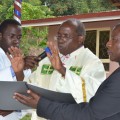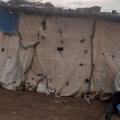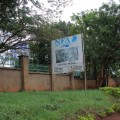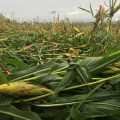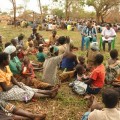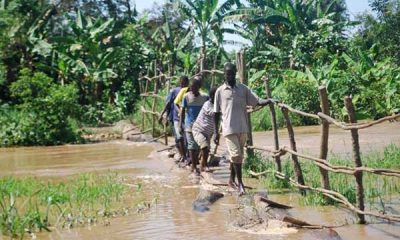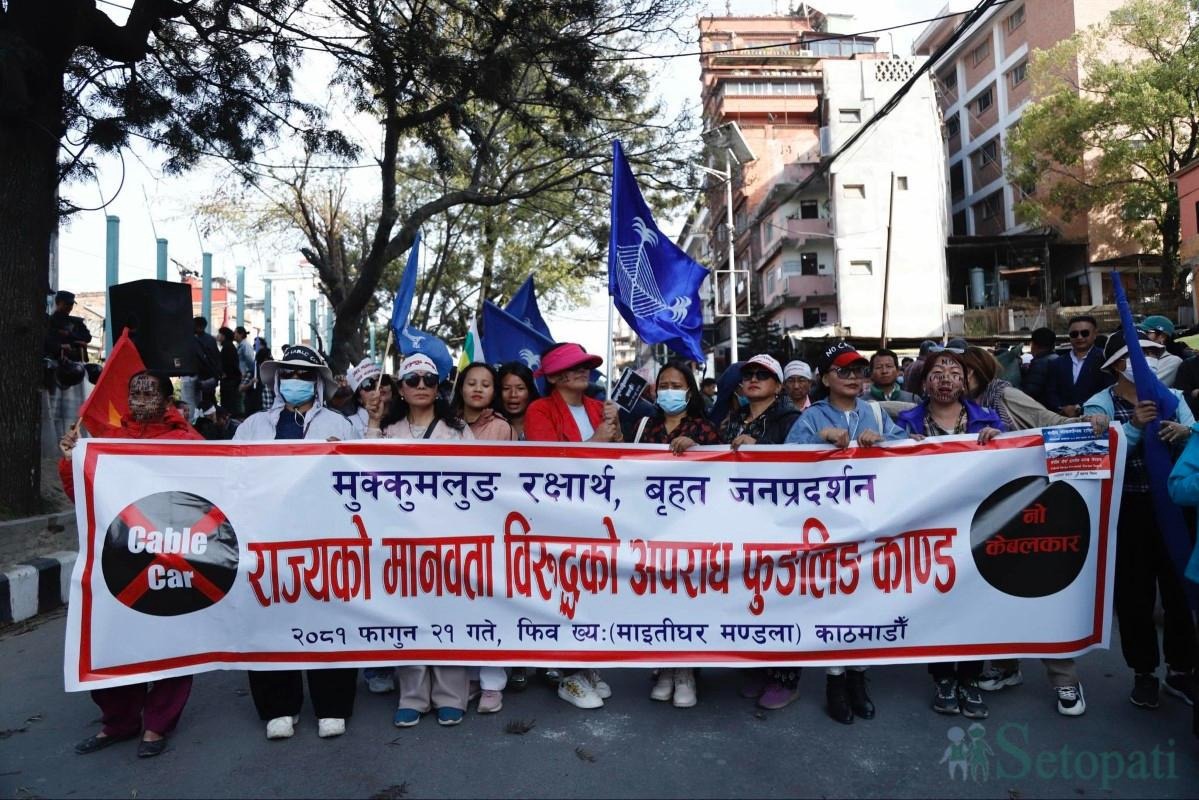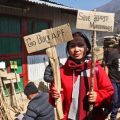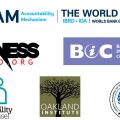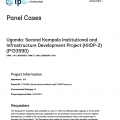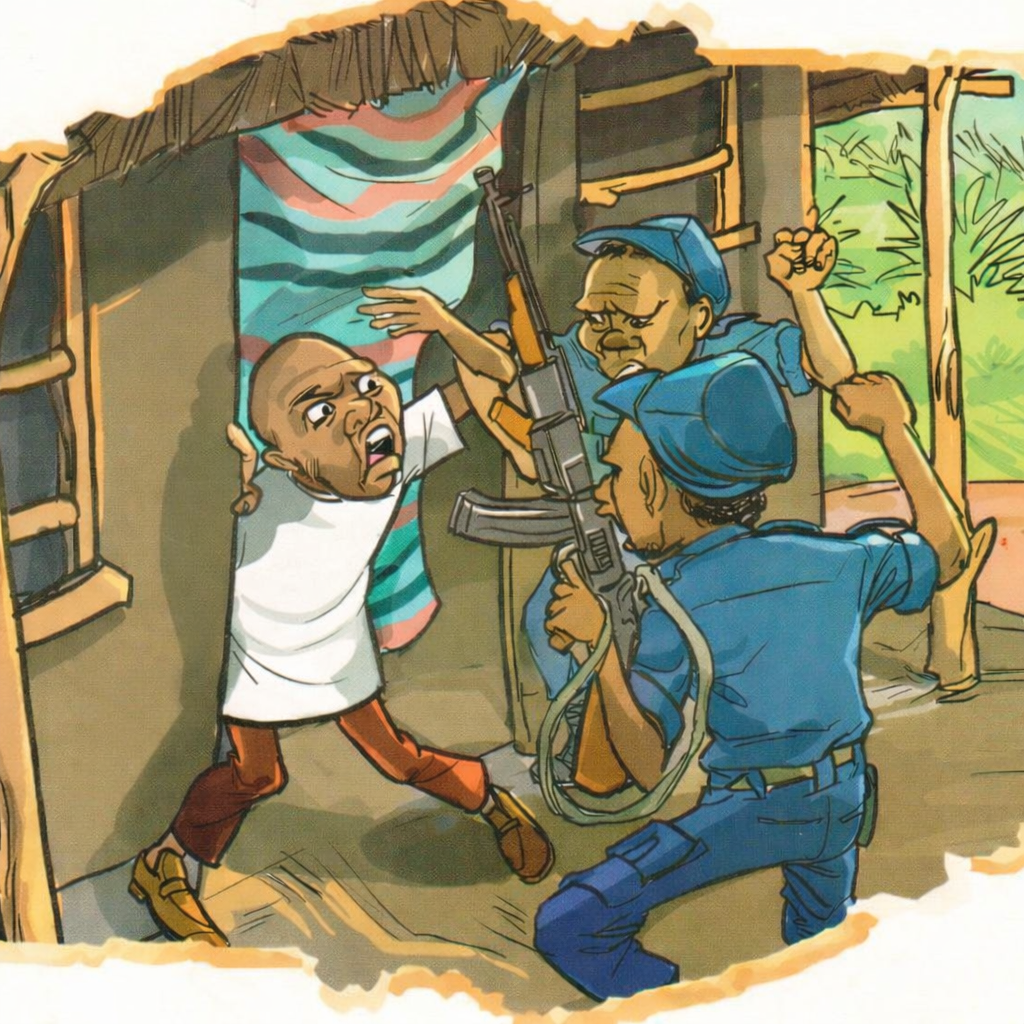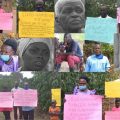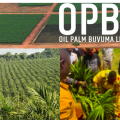By Witness Radio Team
It was a bolt from the blue—an unimaginable shock that arrived without warning. Close to six years on, its consequences have hardened into everyday reality, and justice remains elusive. That shock was felt most acutely in Pangero Chiefdom, where a once-stable community is still grappling with the aftermath of an abrupt and forceful military land takeover, highlighting ongoing land injustice.
The Pangero Chiefdom of the Alur Kingdom is located in Koch Parish, Nebbi Sub-County, Nebbi District, in north-western Uganda, north of Lake Albert and near the Uganda–DR Congo border. For decades, families here depended on the land for farming, food, and cultural continuity, with traditions and livelihoods deeply tied to the soil.
The wounds from the land loss remain raw, and the community continues to demand the return of their land and justice for their suffering.
Over 100 families across Aleikra, Kochi Central, and Panyabongo villages have been directly impacted by the land grab, according to the Traditional Chief.
In Uganda, land is often taken from people with low incomes through a system lacking explicit legal protections, raising questions about the legitimacy and fairness of land seizures, especially when communities are evicted without free, prior, and informed consent.
“When forces such as the Army occupy community land, people are always afraid even to ask why they are settling or why they have settled on their land. It becomes difficult to question men in uniform,” said Mr. Ulama Dison Duke Ukerson, the Traditional Chief of Pangero Chiefdom, in an interview with Witness Radio Uganda.
In March 2020, hell broke loose in the chiefdom as residents woke up to find UPDF soldiers camping on their land. Many initially thought the soldiers were temporarily stopping over on their way elsewhere. However, after some time, it became clear that the force was not moving on but instead settling in the lush environment of Pangero.
When confronted, residents claim the soldiers explained that they were taking refuge, with Zombo District as their ultimate destination.
“They have stayed there for now, close to six years. Initially, they told us they would take refuge for a few days and later move to the Zombo District. Some left, but others remained. We initially thought they were staying for a few weeks. Since then, they have stayed on our land without paying anything,” said Gladys Budongo, an elder in the chiefdom, in an interview with Witness Radio.
Forty-one-year-old Doreen Kawambe, a resident of Aleikra Village, is among those who lost part of their land during the takeover. Doreen said she originally owned seven acres inherited from her father.
“When the UPDF came, they seized three acres of our land. The remaining land is difficult to access. My family was left with only four acres. We can no longer go to the forest for water, and the areas we used to cultivate are now guarded. Food has become a serious problem,” she said.
Before the takeover, Doreen’s land provided enough income to sustain her family. “From one acre, I could earn up to 800,000 shillings (about 224.94 USD) or more in a season. Now, with less land and limited access, survival is tough.” She explained.
Gladys Budongo, a 61-year-old widow, also lost her late husband’s five-acre family land, which is part of a larger ancestral estate that the family has occupied for decades.
Amid community resistance and ongoing efforts to reclaim their land, the Army conducted surveys and valuations in 2023 and 2024. However, elders like Gladys Budongo claim the process was irregular and imposed without community consent, highlighting the need for legal accountability.
“Koch Land Committee also pressured the community to accept the survey exercise. Although it was supposed to represent the local population, it was not democratically elected by consensus, as is traditional in Alur communities, and instead consisted of an imposed elite who pressured us to surrender our land,” she said.
According to elders interviewed by Witness Radio, during an announcement meeting on September 19, 2025, facilitated by officials from the UPDF Land Board, the national surveyor, and the Commander of Koch Army Barracks, community members were compelled to sign documents accepting meager compensation for land seized five years earlier.
“Residents whose land was surveyed were given two choices: either sell their land to the Army by accepting the compensation offered or refuse the UPDF’s offer,” the area chief said, adding that officials barred him from speaking or defending his chiefdom.
“Leaders in the area are rough when we oppose this land grab. Even in meetings, they don’t allow me to speak. On the few occasions I attended and got silenced,” he said.
Mr. Opio Okech, a community land defender, blamed the government and the Army for forcefully occupying people’s land.
“The forced decision to sell land to the government is similar to eviction because people have no say. The problem started when the government entered the land, stayed for a long time without proper notice, and then decided it would not leave and instead offered compensation. It looks, smells, and walks like a forceful eviction,” he said.
Despite promises of compensation, Gladys and others say they have not received any payment.
“They forced people to sign documents, but nobody has been paid yet. Some were threatened with arrest if they protested,” she said.
Koch Resident District Commissioner (RDC) Mr. Abak Robert, representing the Office of the President, denies allegations of land grabbing, stating the land was acquired on a willing buyer, willing seller basis, which raises questions about the transparency and legality of the process.
“I personally participated in monitoring the project-affected persons. People who accepted giving land to the UPDF were properly valued, accepted the figures, and signed willingly,” he said in an interview with Witness Radio.
When asked how this arrangement worked, given that compensation was considered only after the land had already been forcibly taken, he responded that the government would soon pay the affected people.
“Compensation is expected soon, and the community is agreeable to receiving monetary payment,” the RDC added, noting that the land currently occupied by the UPDF in Pangero Chiefdom spans more than 242.811 hectares.” He added.
However, affected residents insist that the survey and valuation process involved intimidation and coercion.
Capt. David Kamya, the 4th Division Public Information Officer based in Gulu District, declined to comment about the UPDF’s improper land acquisition upon being contacted by Witness Radio.
“How sure are you that the UPDF grabbed the land? I was told that if someone wants to talk about such matters, they must be on the ground. Come, and we meet and see this physically,” he said before hanging up.
The consequences of the land seizure extend beyond economics. According to the chiefdom elders, families struggle to sustain livelihoods, children go hungry, and elders feel powerless in the face of military authority.
“People are afraid to speak out. We are threatened when we ask for justice. It feels like the community has no voice. The loss of ancestral land is also cultural. Trees, rivers, and open spaces that connected generations have been taken over, disrupting a way of life that has lasted centuries,” she added.
Nearly six years after the UPDF’s arrival, the Pangero Kingdom remains a community in limbo.
“We want someone to stand for us to stop them from taking our land or even buying it as they promise. They refuse to hear the elders’ voices and do whatever they want. We want our land back,” said the traditional chief, whose houses now accommodate soldiers.
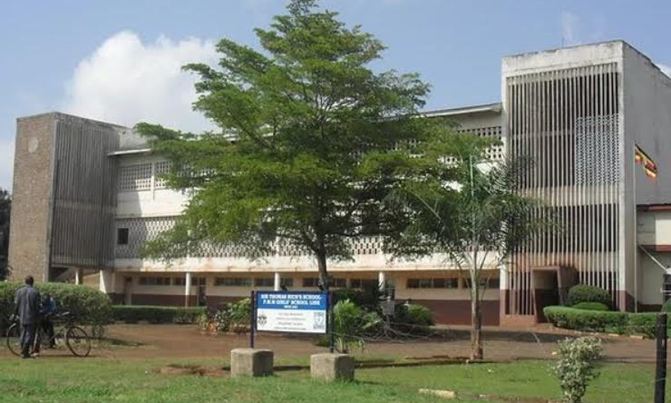

 MEDIA FOR CHANGE NETWORK2 weeks ago
MEDIA FOR CHANGE NETWORK2 weeks ago
 FARM NEWS2 weeks ago
FARM NEWS2 weeks ago
 MEDIA FOR CHANGE NETWORK1 week ago
MEDIA FOR CHANGE NETWORK1 week ago
 MEDIA FOR CHANGE NETWORK1 week ago
MEDIA FOR CHANGE NETWORK1 week ago
 MEDIA FOR CHANGE NETWORK4 days ago
MEDIA FOR CHANGE NETWORK4 days ago
 MEDIA FOR CHANGE NETWORK6 days ago
MEDIA FOR CHANGE NETWORK6 days ago
 MEDIA FOR CHANGE NETWORK2 days ago
MEDIA FOR CHANGE NETWORK2 days ago
 MEDIA FOR CHANGE NETWORK2 days ago
MEDIA FOR CHANGE NETWORK2 days ago
